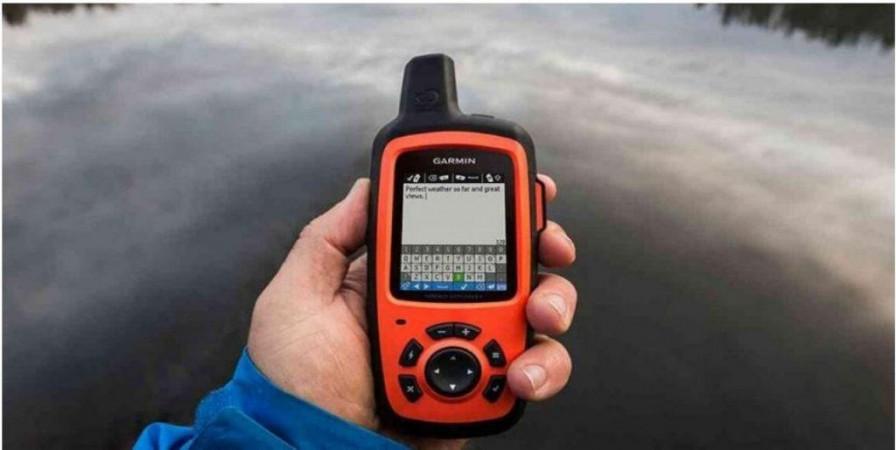
In a significant security incident at Chennai International Airport, a 22-year-old American student, Oakley Jackson, was detained after a satellite phone was discovered in his luggage. The device, banned in India due to security concerns, was found during a routine security check as Jackson was preparing to board a Scoot Airlines flight to Singapore, with a final destination of Australia. The incident unfolded in the early hours of Thursday, around 12:30 a.m.
Jackson, a university student from the United States, had arrived in Chennai from Delhi the previous week on a tourist visit. During questioning, he claimed ignorance of the ban on satellite phones in India, stating that he had carried the device from the US to Delhi and then to Chennai without encountering any issues.
However, airport security officials did not accept his explanation, emphasizing the national security risks associated with such devices. Consequently, Jackson's flight ticket was canceled, and the satellite phone was confiscated. Both Jackson and the device were handed over to the airport police for further investigation.
The use of satellite phones in India is tightly regulated due to their ability to bypass conventional communication networks, posing a significant security threat. A senior official at the airport remarked, "Satellite phones can bypass conventional communication networks, and their unmonitored usage poses a serious security threat." The official further noted that strict action is taken whenever such devices are detected.
The police are currently investigating whether Jackson used the satellite phone during his stay in Chennai and if he had any contacts through the device while in India. They are also probing whether anyone attempted to contact him via the device during his time in the country. The outcome of the investigation will determine any further action against Jackson, who remains in police custody pending inquiries.

The US Consulate in Chennai has been informed of the incident, and officials from the embassy are expected to provide necessary assistance to Jackson as the inquiry progresses. Carrying a satellite phone without prior permission from the Department of Telecommunications is a punishable offense in India. Authorities have repeatedly cautioned foreign travelers to declare such devices and obtain special clearance before entering the country.
This incident is not isolated, as there have been previous cases of foreign nationals being detained for carrying satellite phones in India. In 2012, two British nationals were arrested in Kerala for possessing satellite phones without the necessary permits. Similarly, in 2016, a German tourist was detained at the Goa airport for carrying a satellite phone. These incidents highlight the ongoing challenges faced by authorities in enforcing the ban on satellite phones and ensuring compliance with national security regulations.
The use of satellite phones has been a contentious issue in India, particularly in the context of national security. The devices are capable of operating independently of local communication networks, making them difficult to monitor and regulate. This capability has raised concerns about their potential use in illegal activities, including terrorism and espionage. As a result, the Indian government has imposed strict regulations on the import and use of satellite phones, requiring users to obtain special permission from the Department of Telecommunications.
The ban on satellite phones in India is part of a broader effort to enhance national security and prevent unauthorized communication. The government has implemented various measures to regulate the use of communication devices, including the requirement for foreign travelers to declare any electronic devices upon entry into the country. These measures are intended to prevent the misuse of technology and ensure that communication networks are secure and monitored.










